Anup Baral's mother: Brought up in the palace, enjoyed in the home
We use Google Cloud Translation Services. Google requires we provide the following disclaimer relating to use of this service:
This service may contain translations powered by Google. Google disclaims all warranties related to the translations, expressed or implied, including any warranties of accuracy, reliability, and any implied warranties of merchantability, fitness for a particular purpose, and noninfringement.


Anup has acted in the teleserial 'Dalan', a story of a different life of a Dalit, in the role of Juthe. Anup's mother Parvati Baral (80) still gets goosebumps when she listens to the signature song of 'Dalan', written by poet Shravan Mukarung, 'Mathi mam aruharu, taal ma chhu chaya ekala'.


In 'Dalan', Anup wears a torn Dhaka hat and is carrying a heavy load on his forehead. In one scene, Juthe dies - he is walking behind Khachhad carrying the burden of Sahu, who falls from Akkare Bhir in a stream and ends up in Kaligandaki. Mother Parvati wept profusely after seeing the death scene.
She was sighing for a long time. The mother doesn't mind, she wants to see her son's happiness even in Reel. After that scene, maybe the mother thought, is her son really dead? After watching 'Dalan' for a few days, the same scene kept repeating itself in my dreams, like a recurring dream. Mother says - Look, father, you should not have played such a bad role. My mother doesn't like me playing the role of a villain,' says Anup. Mother Parvati wants her son to be a 'hero' not only in life but also in films and plays.
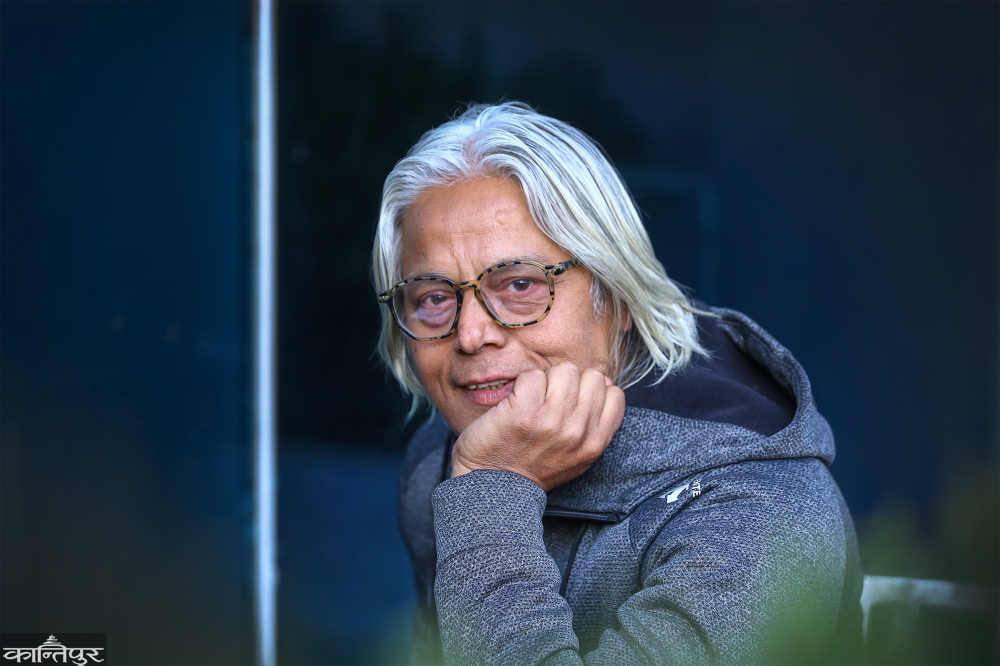 artist Anup Baral . Photos : Prakashchandra Timilsena/Kantipur
artist Anup Baral . Photos : Prakashchandra Timilsena/Kantipur
Anup has starred/directed many signature dramas/films – 'Thangla,' 'Jat Sogunu Jogiko,' 'Court Martial', 'Mahabhoj', 'Khuma', 'Talkajung vs. Tulke', ' Kafka: One Chapter', 'Thirty Days in September', 'Three Solitudes', 'The End of a Dream' (play), 'Kagbeni', 'Dasdhunga', 'Badhashala', Alum', 'Dokh', 'Panifoto' ( Film), which has made the Nepali audience accustomed to 'Sandar Content'.
Anup's character, who is a policeman and runs after gangsters, who is a jogi, who is waiting for his missing son, captures the root of society's problems and tells the true story of struggling little people, where the dark colors of his mother and Nepali mothers' worries are scattered. are queued.
***
The cemetery on the high hill! The trees between the foggy hills are sitting like a meditative jogi! Painter father Durga Baral was an attentive witness of this picture of 'Vatsayan' - Anup Baral. Sometimes sad, sometimes happy pictures. Vatsayan painted colors on the canvas in his own rhythm. In his pictures, there were - Desperate youth, who is laughing - looking at June! Unfulfilled dream - disappointed city! And, a very thin rural mother squinting in the distance! Anup's memories always come to the line, some paintings of his father when he was young. Like a woman standing in the river, whose hair is blown by the wind . Swimming in the memory-lake of his father's watercolor paintings, Anup Putli looks out of a stained glass window on the street and says, 'I used to think, in those paintings, my father wrote the shadow of his mother, my mother or all the village mothers standing by the lake.'
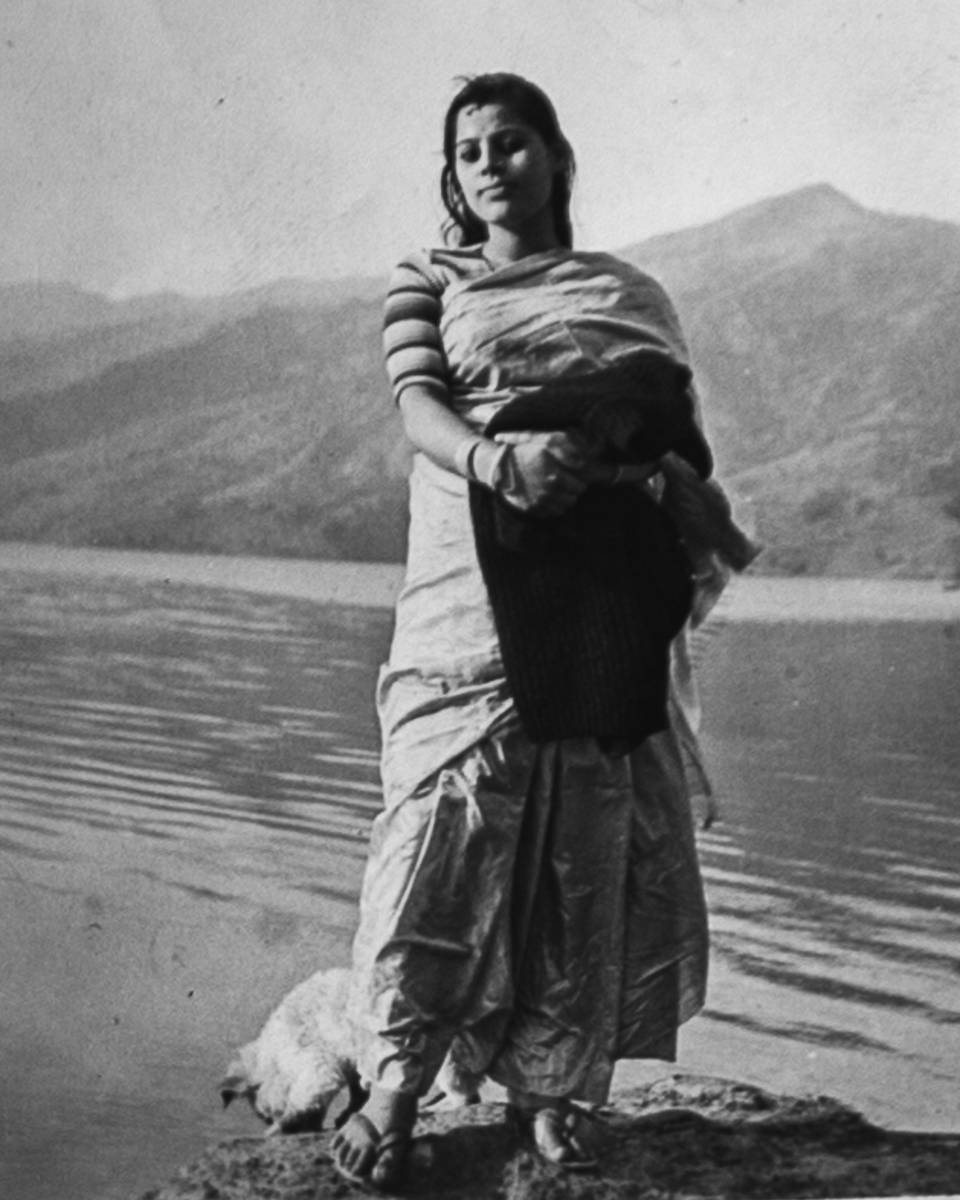 Anup's black-and-white Pokhara - The image of a child wearing a blue/white shirt walking towards the field to put a corner of straw behind mother Parvati comes to mind! That boy was Anup, who sometimes followed his mother, sometimes his father, to the fields to put on the kulo, dai, put on the ali, wait for the corner. How to wear chapari? How to put a corner of straw? Mother taught Anup. At home, cattle - Anup used to help his mother to collect dung.
Anup's black-and-white Pokhara - The image of a child wearing a blue/white shirt walking towards the field to put a corner of straw behind mother Parvati comes to mind! That boy was Anup, who sometimes followed his mother, sometimes his father, to the fields to put on the kulo, dai, put on the ali, wait for the corner. How to wear chapari? How to put a corner of straw? Mother taught Anup. At home, cattle - Anup used to help his mother to collect dung.
The night-evening when he was scared while walking through the fields wearing Aali and Kunyu, and the cold night when he fell asleep in his mother's arms with fear, remain indelible memories in Anup's mind.
Anup thinks - Father is a man of the world of magic, mother is a realist! The memory of those days brings him back to the inanimate intimacy with his mother, a memory that has become a special part of his life over the years. "Mother explained that life is not fantasy," he says, "Mother used to give life-saving punishments and taught them to struggle." Nowadays, even the warm touch of mother feels very bad. I miss that warmth. Mother never showed us sorrow. The story of Parvati's own world is enough to dive into the memories. Syangja Pekhu-Andhikhola Pari is the consort of Parvati Baral. Childhood was very strange. Father Dilliraj Aryal - Dittha, used to write 'justice' in the court of Gupta Bahadur Khan, Rajouta of Gahraunkot. Dilliraj's house was 2/3 deeper than the palace.
The 'subjects' used to address Gupt Bahadur as 'Raja'. Dancers from Bombay, Calcutta used to come to dance in the palace. After the beginning of July, Lakhe Nach was shown. Those days when many people dressed in Bhavbhangima and Mukundo danced are stuck in the memory of Parvati. The melody of music, dancing, the crowd of people, the noise of people coming to 'seek justice', the palace felt like 'another world'.
There were in the palace – grooms, rice cooks, servants. Water was inconvenient, the people themselves carried water, the people paid the tiro, Parvati's father Dittha used to arrange the bells of the people. The artwork, structure, design and beauty of the palace used to say - this is truly a world of splendor. The items used by the courtiers and the paintings hanging on the walls told the elite story of the kings!
English was taught in the palace. Teachers used to come there from Kathmandu,' Parvati remembers those days, 'I used to study there too. Maharanis used to say – after marriage, we should go to cut grass, now what will we do after reading RAT Rat?'
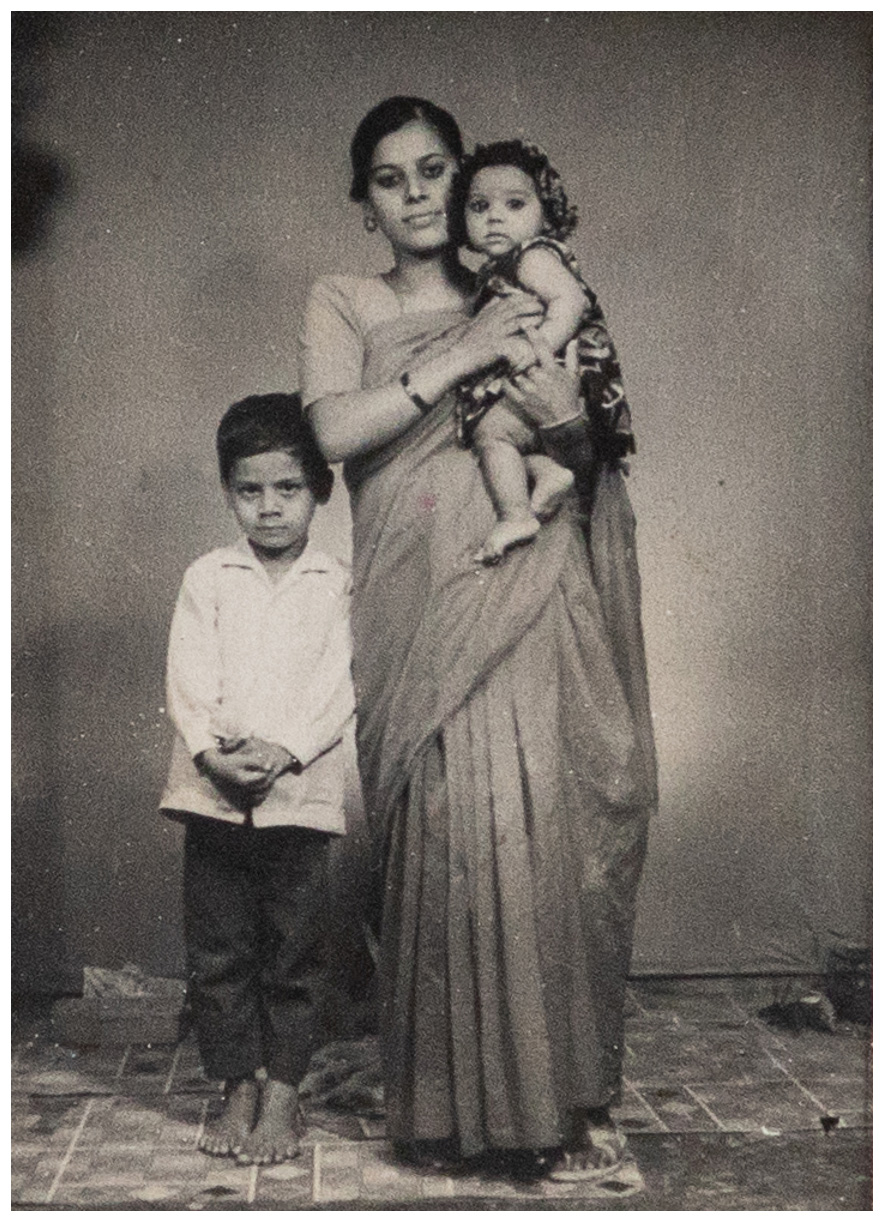
Gupta Bahadur Khan had three 'maharani'. Miley was a dear friend of Chumban Khan Parvati, the daughter of the 'Empress', with whom she would play for hours, listen to palace anecdotes, sometimes be amazed, sometimes happy! The memory of that legacy now seems like a dream or nightmare to Parvati - just like the folk tales told by her mother in the evenings, the stories of kings, queens and princesses in the world!
The San Tas of the palace suddenly collapsed like a house when King Mahendra implemented the 'Rajya Rajauta Act-2017' in 2017. After the State Rajuta Act and the State Courts Abolition Act came into force, all the states in the country were abolished. However, that Act recognized 17 Rajoutas including Bajhang, Jajarkot, Mustang, Salyan, Bhirkot.
After the abolition of the state, the property of the 'king' was running out. Gupta Bahadur's son Naresh Khan was living a luxurious life by selling land and palace goods. "Now the condition of that royal family is miserable," says Parvati, "After 017 years, the kings themselves became poor." That sounds like a story now. The brick palace is still there. The dilapidated building of the palace and the adjacent ruins are still there.
Meanwhile, Anup's memory also has some pictures of that palace slowly collapsing. I saw it at my mother's house. Saw for the first time - gramophone, tennis courts, mango orchards, where no one dared to eat even mangoes that fell on the ground. He saw- how one generation goes down and another generation rises ?
***
When Parvati was studying in class 6, she got married to Durga Baral from Pokhara. After the marriage, Maiti stayed for some time - to study. Pokhara used to come and go. Parvati remembers, "The person sitting in the palace with the king and queen, when he came to Pokhara, he felt a sense of relief. "Where did he come, what happened in life? How do people feel, language is different, everything is different! But gradually I got used to it. Parvati, who did not work in Syangja and lived in Sayal, had to come to Pokhara and do hard work - digging, digging, carrying heavy grass....
Parvati became an employee of Nepal Malaria Eradication Association - in 2020 in Pokhara. The job was to do a blood test of the patient. He had three sons and one daughter - Anup is the eldest.
***
Anup was a 'bad boy' in his mother Parvati's memory. Very cunning and badass! The dried rice and corn are scattered in the yard. Grandfather used to say - It is Krishnaleela, it will improve later. 'I never thought that my son would be a hero,' Parvati Baral goes back to the old black and white days of Pokhara, where Anup Baral used to walk around with tickets in his hand in the courtyard of the movie hall, 'when he was young, he used to walk, he didn't sit still. He imitated the hero of the film. After getting to watch a movie, he would not come home.
Pokhara Nadipur was close to home - Kalpana Cinema Hall. Anup, who used to walk from home to school, would hide his bag in the bansghari and enter the hall every day. After watching movies all day, in the evening, he would take his bag from Bansghari and return. Many years of his childhood passed like this.
When Anup Kasta Ray used to give the house's hashish plates and utensils to the gatekeeper and watch movies when he didn't have money to buy tickets. After watching the 3 pm show, watch the 6 pm show, sleep in the theater at night, watch the same movie again the next morning.
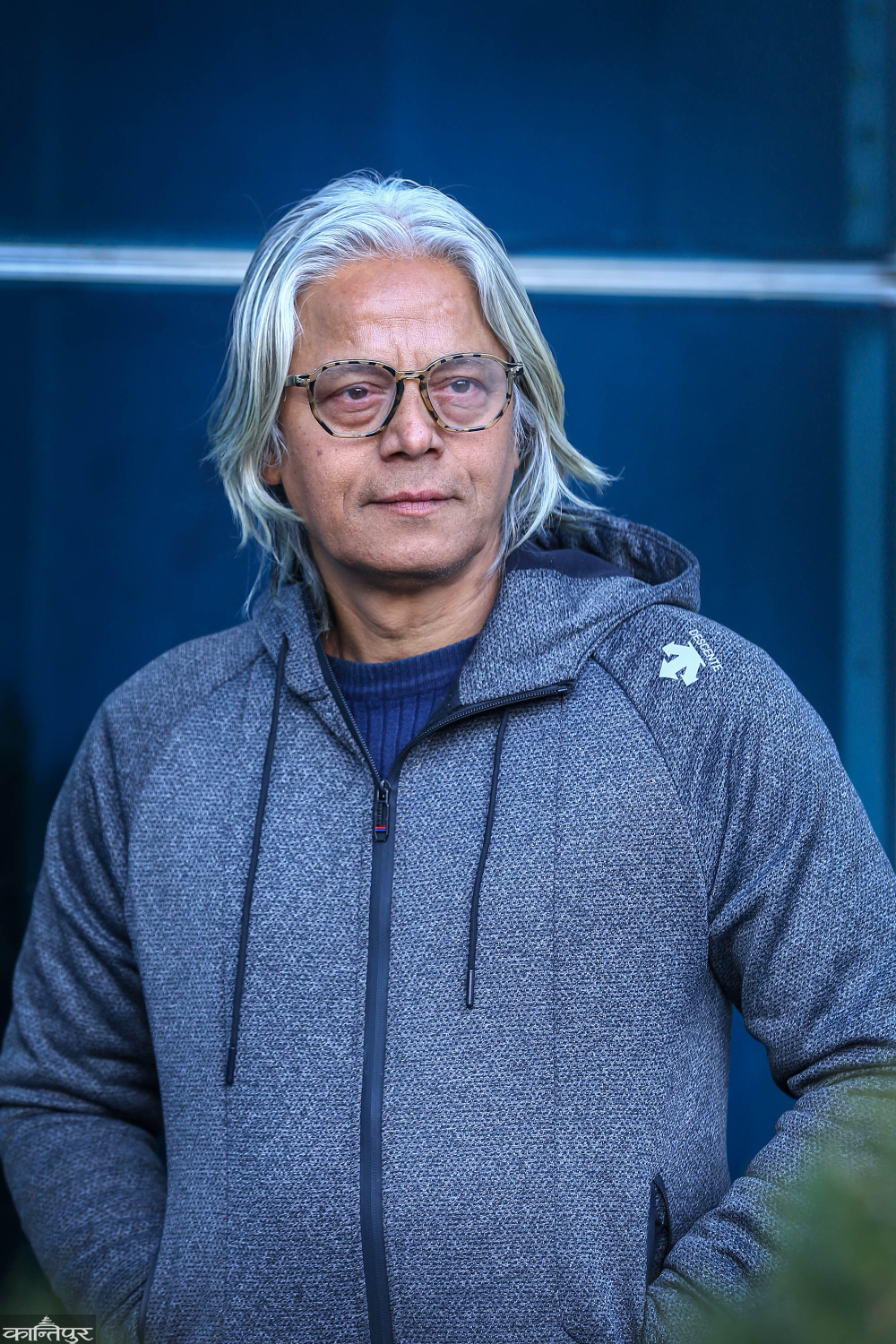 'After I became very addicted to the movie, I used to beat him, abuse him, reach inside the hall and drag him home. His friends were also in the hall. I used to bring Anup home anyway, his friend's parents didn't care, so his friends were always spoiled.' That impression was very deep in me. That's why I also wanted to be a hero,' Anup said while standing at Putlisadak Chowk one night last week, looking at the traffic light, 'but, mother probably didn't think that I would become a film hero.' while Even there, after confusing them, she kept them with her again in Damauli. At that time, Parvati was transferred from Pokhara to Damauli for her job. Then read it. Parvati says, "I just got better."
'After I became very addicted to the movie, I used to beat him, abuse him, reach inside the hall and drag him home. His friends were also in the hall. I used to bring Anup home anyway, his friend's parents didn't care, so his friends were always spoiled.' That impression was very deep in me. That's why I also wanted to be a hero,' Anup said while standing at Putlisadak Chowk one night last week, looking at the traffic light, 'but, mother probably didn't think that I would become a film hero.' while Even there, after confusing them, she kept them with her again in Damauli. At that time, Parvati was transferred from Pokhara to Damauli for her job. Then read it. Parvati says, "I just got better."
While living in Damauli, mother and mother's friends used to gather in the yard in the evening and tell stories, which they had heard and known. Stories of many mysteries - ghosts. Anup listened to the stories told by his mother. They say, 'What is fantasy, those stories explained and those stories also taught us to imagine.'
***
Anup feels that he was 'lucky' in the initial days after joining the drama. So the burden of struggle was not felt. There was financial pressure to make a drama set - how to raise resources! Whether it was a sofa-set or a cassette player in the drawing room, he used to take it to the set. When a guest came to the house, she used to scold her mother a lot when she didn't see the couch. But, he kept on doing it.
While performing a play in Pokhara, Anup reached the National Drama School, Delhi. He took his mother to the convocation ceremony. Anup's room was very clean. Shantanu Bose's friend is restless and restless. Mother said - 'You are keeping the room clean, but you are reading less, so find time to clean the room. The friend is reading a lot, he doesn't have time to clean.'
There the mother said to Anup - You also reached the place where Anupam Kher, Nasrudhin Shah had stayed. On the convocation day, she also watched Anup's play. She said - the best way you are seen on the stage. Even if you are not in the movie, you will become the hero of your life!
Parvati says, 'After going to the convocation, I felt that my son has grown up.'
After returning to Nepal after finishing studies, Anup's days of crisis began, the stage had dried up. Even those working in the theater said - drama is dead now. Many actors turned to film and television. Mother was worried - will she make a living as an artist? She also said - tomorrow there will be a problem with lentils and rice, boy! However, Anup did not see life outside the theater.
At that time, he lived in a small room in the electricity market, used to cook food - on an iron stove. He used to go to the National Dance Hall early in the morning - used to teach acting. His mother did not have much faith in his work. However, his work was reviewed in the art columns of some weekly newspapers, and his photos were printed. Then Parvati thought - the boy did a good job!
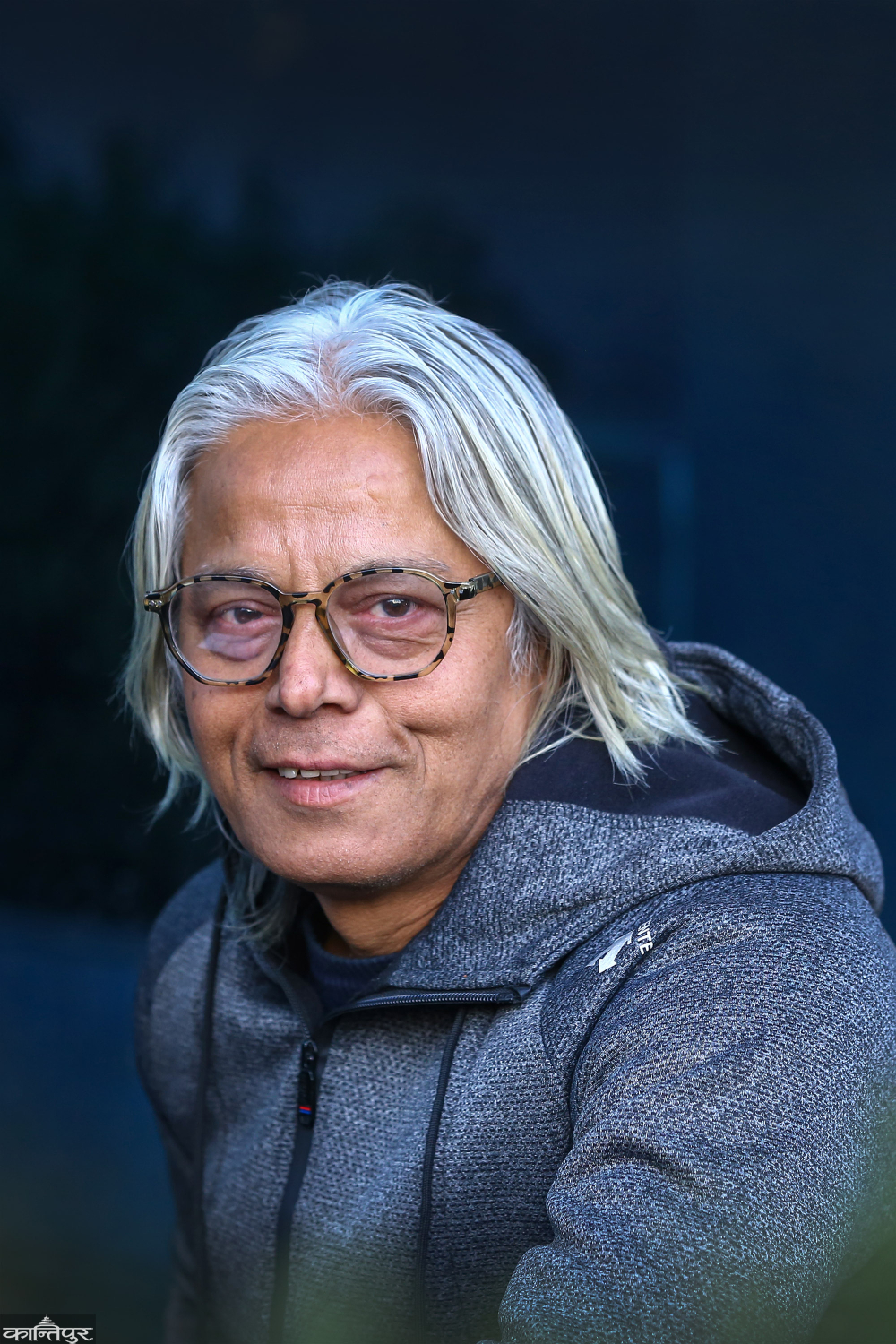 After being surrounded by confusion, Anup took the train from Gorakhpur to Mumbai in search of work - to reach the director, listen to the assurance and return! Those days he kept calling his mother - don't worry, I'll do something, I'll do it! No one would give him a job there. Mumbai is such a metropolis, whose hypnosis thousands of people used to reach there every day. However, after the illusion was broken, the same number left the city and returned every day," Anup said in an interview, recalling those cold nights in Mumbai, "I saw Shah Rukh Khan becoming a star overnight and a talented artist like him returning home with a limp." And, he returned to Nepal. The horrors of Mumbai introduced him to the importance of working in the country.
After being surrounded by confusion, Anup took the train from Gorakhpur to Mumbai in search of work - to reach the director, listen to the assurance and return! Those days he kept calling his mother - don't worry, I'll do something, I'll do it! No one would give him a job there. Mumbai is such a metropolis, whose hypnosis thousands of people used to reach there every day. However, after the illusion was broken, the same number left the city and returned every day," Anup said in an interview, recalling those cold nights in Mumbai, "I saw Shah Rukh Khan becoming a star overnight and a talented artist like him returning home with a limp." And, he returned to Nepal. The horrors of Mumbai introduced him to the importance of working in the country.
Seeing Anup's fascination with drama, father Durga Baral built a new house, where they used to rehearse. There was a small library in the house. He was attracted by the smell of books. Even though he did not understand, he used to carry books. The mother used to be furious when her son walked with a thick book in his hand. "Father's social mood, topicality, composition, color and psychology and the power of drawing introduced me to the importance and power of art," says Anup.
Anup Baral thinks that the life of mothers is colorless, mothers are alive as sheets of paper covered with layers of experience. In his opinion, mothers in our films are shown to be practical and idealistic.
Parvati has rheumatic problems, her knees are bruised, she has high blood pressure, she walks in and out with a stick. Anup feels bad about his mother when he is out of the house. After reaching home, the first thing is to bow to the mother's knee and take her blessings. I feel the pain of my mother's touch. There is no gift as big as mother's blessing in the world, where there is happiness and only happiness," says Anup. Anup is 'good' in the eyes of mother Parvati. In the eyes of son Anup, mother is only the epitome of love and hard work.
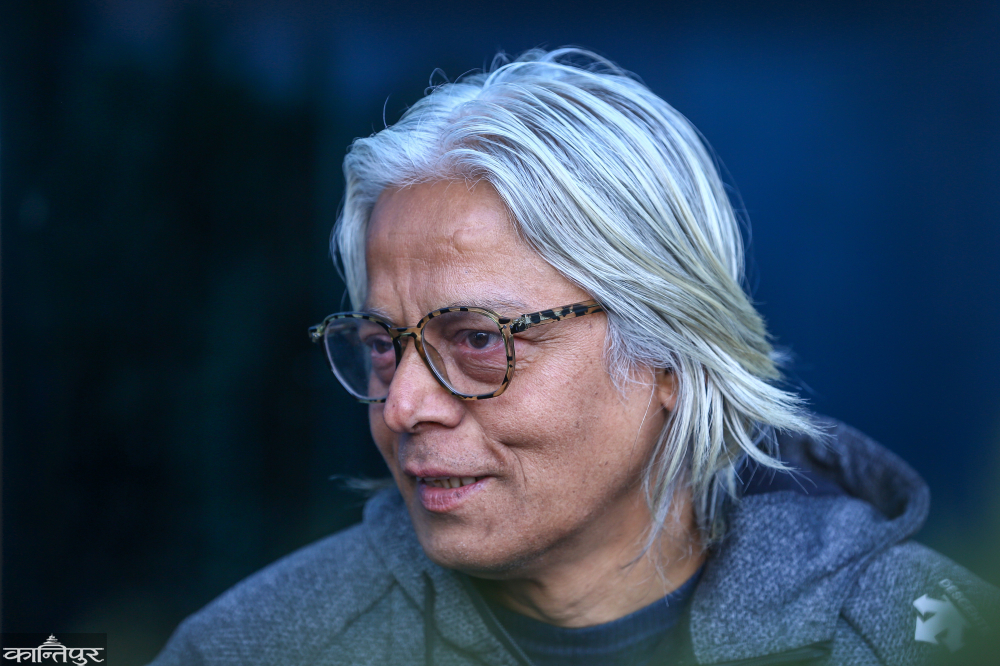


 २४.१२°C काठमाडौं
२४.१२°C काठमाडौं

















